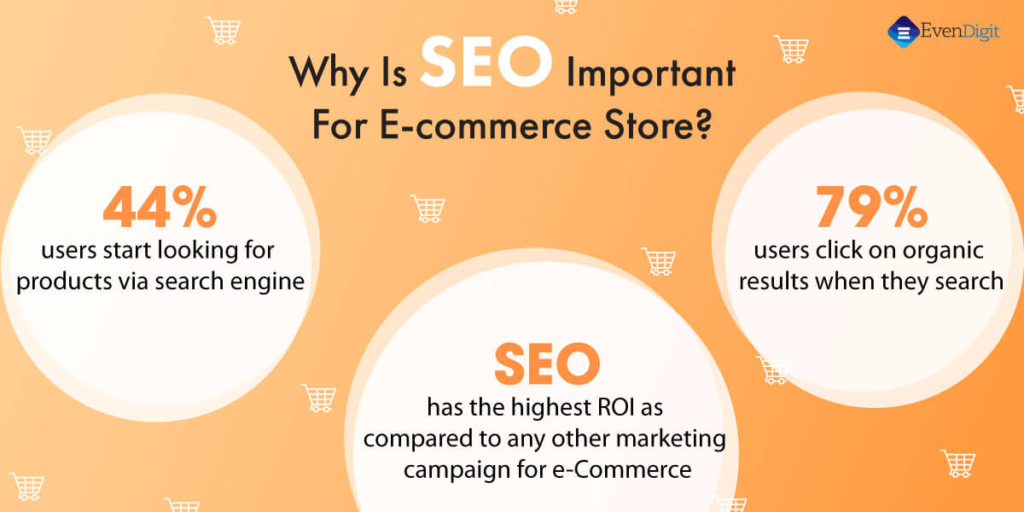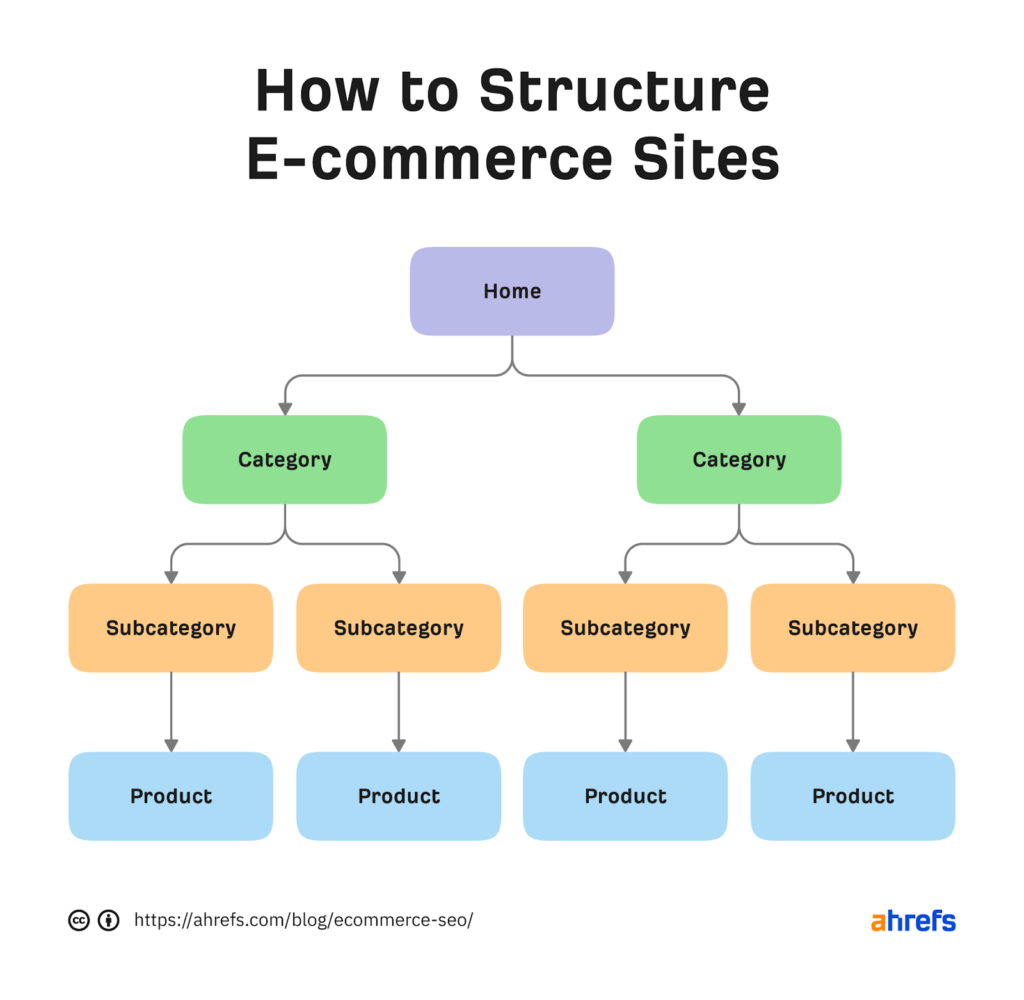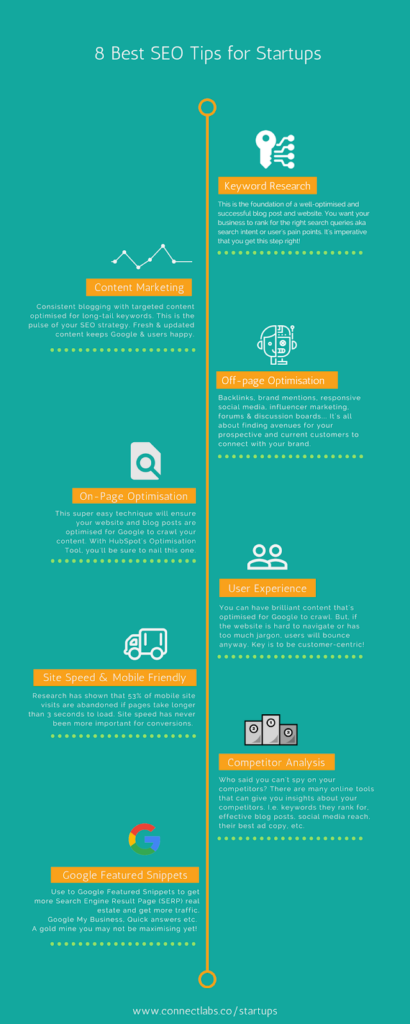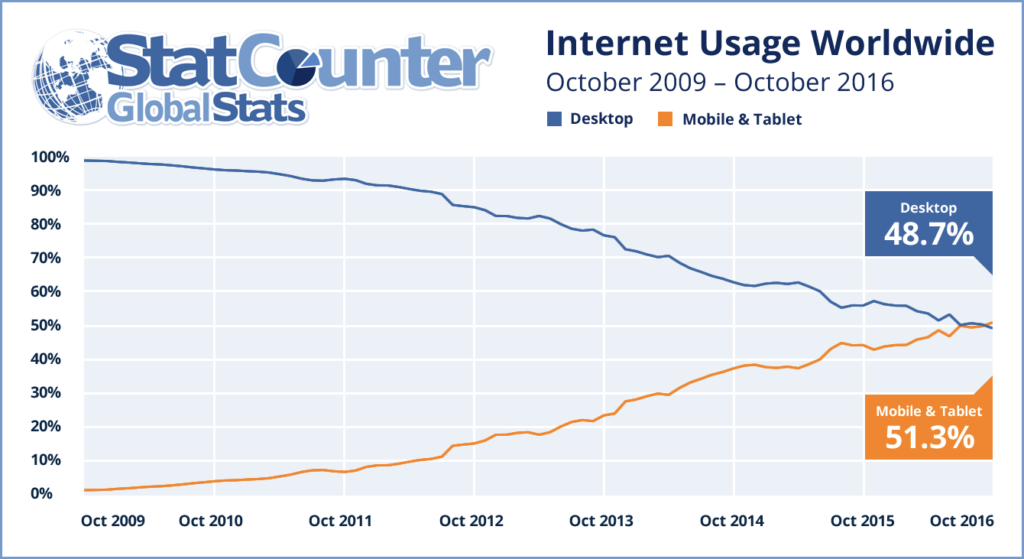
“No matter how niche or mainstream your market is, great content remains a significant focus for SEO.”-Kristopher Jones, Founder of LSEO
If your business has an online presence, then a lot depends on your e-commerce platform. For an online business to be successful, its e-commerce website needs to rank higher in search engines. This will bring a steady flow of customers.
You might be wondering whether SEO is important for e-commerce. It is. The SEO process is crucial for every website, but it is a deal breaker for an e-commerce business. Customers search for a specific product rather than an e-commerce brand during online shopping. Thus, it becomes critical that your website rank higher on the search engine’s positions. It will then be visible to the audience and help you drive better traffic and conversion rates.
We have put together a list of SEO tips for e-commerce websites to help you optimize your webpage for e-commerce.
Importance of SEO For E-Commerce
E-commerce SEO improves your online store’s visibility in the search engine results pages (SERPs). And to get more traffic, it is important to rank as high as possible. E-commerce platforms drive traffic from paid ads and SEO. Paid ads cost more, and sometimes ad blockers can reduce the benefit. On the other hand, the best e-commerce SEO tips cost a minimal amount.

Below are a few benefits of SEO for e-commerce sites:
1. Attracts more leads
SEO is the best tactic for driving leads to your website. According to Outbrain, 39% of e-commerce traffic is generated from search engine hits. This means SEO brings your business directly in front of the customers and gives you opportunities to sell.
2. Increases lead quality
SEO for e-commerce not only brings more visitors to the site but also pre-qualifies the leads. Just clicking on your product pages won’t help build your sales funnel. However, with SEO tips for e-commerce websites, you can pinpoint exactly what the users want and display the information accordingly.
3. Multiplies sales
A better SEO strategy leads to a higher ranking and more visibility. This leads to more clicks from interested users, leading to higher chances of sales and profit.
4. Builds authority
If the search engines find your content relevant and user-friendly, you have more domain authority. This also means that search engines find your site trustworthy and respectable. SEO is one of the most vital tools for building authority, and authoritative platforms rank higher.

The 8 Best E-commerce SEO Tips
If you are an e-commerce entrepreneur and have questioned whether SEO is important for e-commerce, these e-commerce SEO tips will eliminate all your doubts.
1. Use relevant & optimized keywords
Keywords are the chief players in e-commerce SEO for websites. Thus, using highly relevant keywords for your site and products is essential. However, before you finalize a keyword, find out more about its search volume, user intent, cost-per-click, and other relevant factors. Using long-tail keywords is also recommended, as they are known to increase the conversion rate.

2. Optimize product pages
Product pages are the soul of your business, so focusing on the product page is one of the best e-commerce SEO tips to follow. Most e-commerce owners write a few words about the product and add an image or video. But that will not bring results. Use your product’s name in your product page’s SEO title and URL. Add product images or videos from multiple angles. Adding customer reviews to all the above boosts customer confidence in your site and product.
3. Improve speed

Another SEO tip for e-commerce websites is page load speed, which determines your ranking. If the wait time for your page to load is long, the customer will go to the next alternative site, despite the first site having quality products and good service. A slower loading site can impact your customer base. A major cause for slow loading speed is heavy images. Sales on e-commerce platforms depend on product image quality, so without compromising on the image quality, optimize the images by reducing the file size.
4. Create Unique Product Descriptions

One of the most valuable SEO tips for e-commerce websites is creating individual unique product description pages. Some tips for a product description are writing a description of approximately 1000 words and using the main keyword 3-5 times. Copying description content from other websites is a complete no. This will negatively impact your SERPs ranking and also corrupt your site’s trust factor.

5. Maintain site security
E-commerce platforms will regularly deal with millions of customers’ data and transaction details. Hence, maintaining security is a critical SEO tip for e-commerce websites. With the rise in cases of cyberattacks, users are also more cautious and prefer a secure site. Moreover, the website’s security features also impact its ranking on SERPs.
6. Optimize for mobile

Today, customers use mobile devices more than desktops, and any website that is not mobile-ready does not exist for users. This is one SEO tip for e-commerce websites you must take advantage of as an entrepreneur. Moreover, mobile users have limited patience, so the site’s speed becomes critical. The performance of the mobile version of your website also affects your search ranking.
7. Start a blog
Although not mandatory, starting a blog is one of the best SEO tips for e-commerce websites. Blogs are used as vehicles to drive traffic to your product pages and increase the chances of a sale. Blogs are also key for building a brand’s voice. Sometimes starting a blog can be challenging, but it leads to long-term benefits.
8. Design websites keeping shoppers in mind
Design your website such that it is easy for end users to navigate. It is useless if you have the best products at the best prices, but your page makes it impossible to reach the relevant product. A well-designed website is one of the best e-commerce SEO tips because, despite getting everything right, you will lose customers if the design is not well handled.

In the End
If you adhere to the best e-commerce SEO tips mentioned above, then giving it a little time, having patience, and working consistently will bring results. The first step is to bring customers to your site before converting them to sales.
Growing organic traffic for e-commerce brands is not easy, but it is also not impossible. You will see results on your platform by following these best e-commerce SEO tips. Use them to the optimum for your website to rank better in the SERPs and dominate the e-commerce market.
FAQs
E-commerce SEO gets more traffic to a website for free by improving its visibility on search engine result pages (SERPs). The higher the page ranks, the more traffic the page will experience. Thus, a well-ranked page is essential for business.
It usually takes four to six months, but the time can vary before you start seeing results. However, many factors play a significant role in this, including the site’s age, site history, and penalties, if any, in the past.
SEO for e-commerce platforms ensures all the keywords are in the right places. This way, Google knows what your page is exactly about. SEO is essential as it helps in the SERP ranking.
SEO is considered one of the most fruitful ways of increasing profit and revenue. E-commerce platforms depend on a steady flow of new customers and loyal repeat users. The best e-commerce SEO tips help funnel-in new customers.
SEO’s golden rule states that it is essential to understand the customers’ needs and then create an SEO experience that meets those needs. Some factors that can enhance the experience include a first impression on reaching the landing page, quick navigation, and easy-to-find relevant content.
Latest Blogs
Learn how to rank on AI search engines like ChatGPT, Perplexity, and Gemini by optimizing your content for authority, structure, and relevance. Stay ahead in AI-driven search with this strategic guide.
Explore the best healthcare SEO services for your medical practice. Improve online visibility and effectively reach more patients in need of your services.
Discover top social media agencies specializing in banking solutions, enhancing financial services and driving engagement.
Get your hands on the latest news!
Similar Posts

SEO
5 mins read
Top 10 Agencies for Banking and Financial SEO Services Industry

SEO
4 mins read
Top 10 B2B Enterprise SEO Agency Options for Effective Digital Marketing

Artificial Intelligence
5 mins read